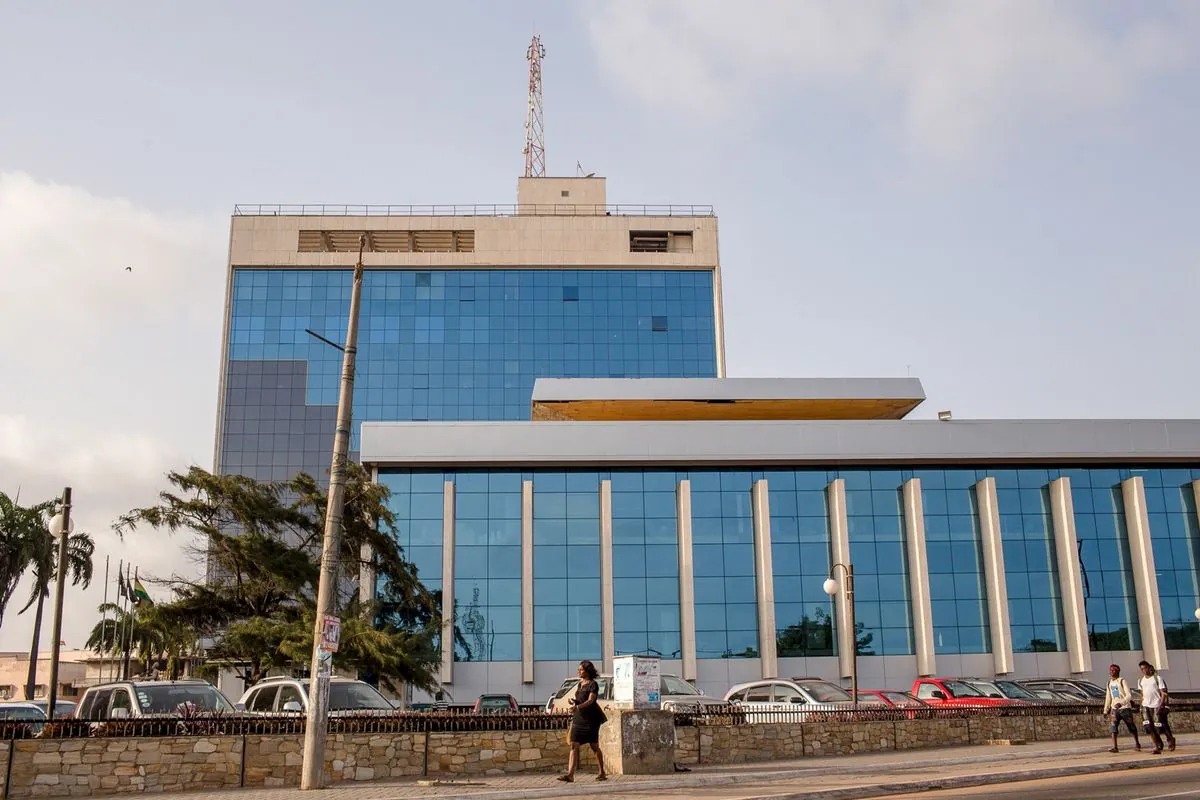Ghana Cuts Interest Rate to 27% as Inflation Eases
Ghana's central bank reduces interest rate to 27% following five months of declining inflation. Governor Addison expresses optimism about the ongoing disinflation process and improving economic conditions.

In a significant monetary policy move, Ghana's central bank has reduced its primary interest rate by 200 basis points, bringing it down to 27% from the previous 29%. This decision, announced on September 27, 2024, marks the first rate cut since January of the same year, reflecting the nation's improving economic landscape.
The rate adjustment comes in response to a consistent decline in inflation over the past five months. Ernest Addison, the Governor of the Bank of Ghana, shared his insights during a press conference, stating:
"Macroeconomic conditions have generally improved while disinflation process is on course."
Addison further elaborated that current economic trends indicate the disinflation process is progressing as anticipated, with expectations that inflation will continue to decrease towards the short-term target range of 13% to 17% for the year.
Ghana, the world's second-largest cocoa producer, has been grappling with economic challenges despite its rich natural resources, including gold and oil. The country's economy, one of the fastest-growing in Africa, has shown resilience in the face of global economic pressures.
The latest data reveals that Ghana's consumer inflation rate stood at 20.4% year-on-year in August 2024, a slight improvement from the 20.9% recorded in July. While this figure represents progress, it remains considerably higher than the central bank's medium-term target of 8%, which allows for a 2 percentage point margin on either side.
Ghana's economic journey since gaining independence from British rule in 1957 has been marked by both achievements and challenges. The establishment of the Bank of Ghana in the same year as independence has played a crucial role in shaping the nation's monetary policy.
The country's currency, the Ghanaian cedi, has faced periods of volatility, reflecting the broader economic fluctuations. Ghana's implementation of an Economic Recovery Program in the 1980s and the discovery of offshore oil reserves in 2007 have been significant milestones in its economic development.
As a member of the Economic Community of West African States (ECOWAS), Ghana continues to work towards achieving middle-income status. The nation's young population, with a median age of about 21 years, presents both opportunities and challenges for economic growth and development.

While the service sector is currently the largest contributor to Ghana's GDP, the country's economy remains heavily dependent on exports of primary commodities. This economic structure underscores the importance of maintaining stable inflation rates and fostering a conducive environment for diverse economic activities.
The recent interest rate cut reflects the government's efforts to balance economic growth with inflation control. As Ghana navigates its path towards sustainable economic development, the country's rich cultural heritage, comprising over 100 ethnic groups, serves as a reminder of its resilience and diversity.
The coming months will be crucial in determining whether the current monetary policy adjustments will successfully guide inflation towards the central bank's target range while supporting the nation's broader economic objectives.


































